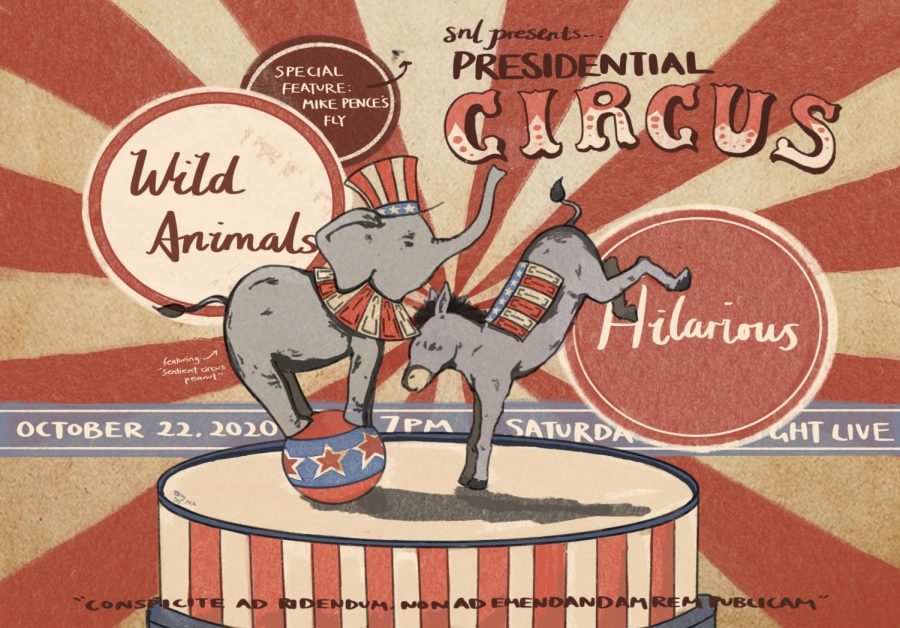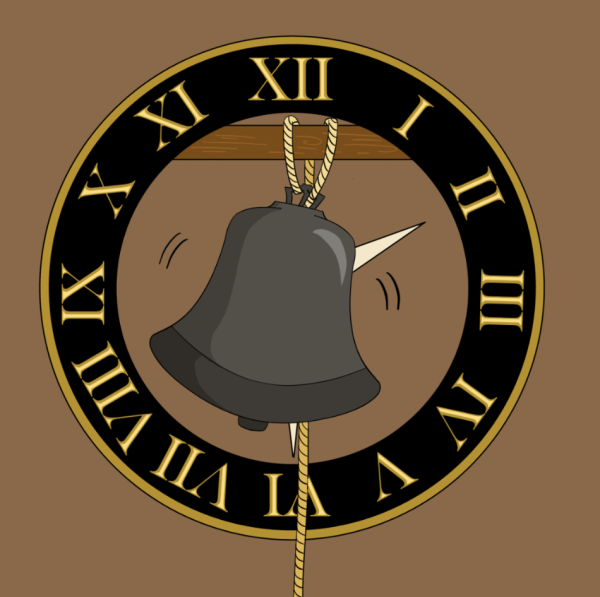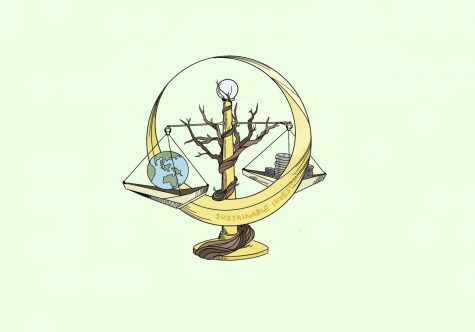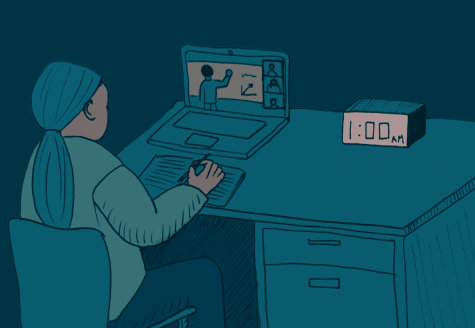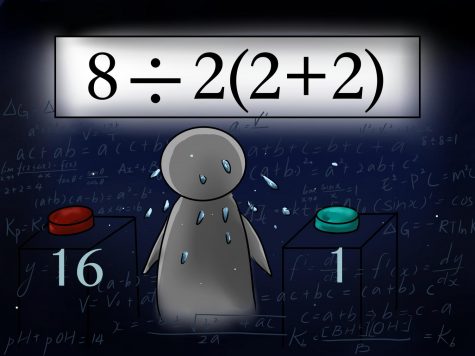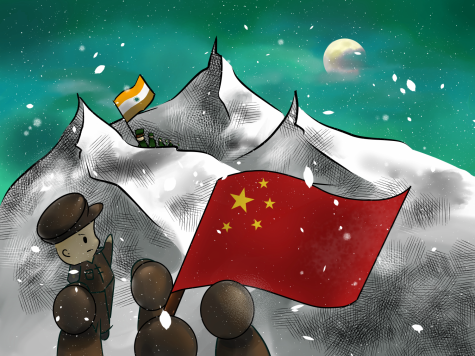The Conflation of Politics and Entertainment
Had you stumbled onto the stage at certain moments of the 2020 Democratic National Convention, you could easily have mistaken it for a Billie Eilish concert. However, despite the convention’s theatrical nature, you may have watched it to better understand the party and its representatives, and inform yourself about matters that impact you directly, rather than watching it with the intent of being entertained. Though the reasoning for viewing this convention for educational purposes was presumably universal, it also contains a number of logical inconsistencies. If we follow political affairs merely to educate ourselves about the society we live in, why, then, are we willing to watch a debate that provides almost no new substantive information on candidates, or attend a political convention with more live music than political discourse?
While consumers’ visceral magnetism towards politics may have questionable motives, it isn’t difficult to believe that a part of us is truly entertained by the bread and circuses of American politics, and may even seek comfort in the lively facade politicians put forth in attempts to mask public discontent. Nevertheless, we must not overlook the fact that the theatricalization of politics, whether by popular media, the people themselves, or politicians putting on guises, veils underlying threats to the integrity of our nation, and evinces a dangerous show of political ineptitude.
Following the first presidential debate, we saw an abundance of media, including news commentating, television shows, parodies, editorials, and memes, emerge throughout the nation in scattered attempts to process the night of political chaos. Many media outlets even sought to twist the facts and transform what should’ve been perceived as a terrifying night for the future of our nation into a circus show available for our consumption and immediate disposal. This issue was generally not prevalent in mainstream media outlets, but rather, in television shows designed expressly to entertain. Such shows include Saturday Night Live (SNL), The Daily Show with Trevor Noah, and Last Week Tonight with John Oliver. Interestingly, these shows were also revealed in a survey conducted of Groton students to be the most popular sources of political levity among the community.
While seemingly harmless in isolation, these media sources often take the place of mainstream news outlets, blur the lines between caricature and reality, and indoctrinate audiences with a skewed perception of politics. Several reports from the Pew Center for the People and the Press additionally concluded that young people were increasingly reporting learning about politics through such comedy shows and finding lower rates of learning from traditional news programming. However, even traditional news commentating on channels like CNN and Fox has evolved to resemble that of sports networks, consisting of dogfight-like debates and senseless animosity between commentators.
Such media both reflects and perpetuates the people’s perception of politics as entertainment and consequently threatens the welfare and security of the United States. By laughing blindly at the folly of politicians (especially as they are depicted on such programs) and painting political matters as circuses, audiences are invited to normalize political apathy and perceive politics as a show separate from our reality rather than a facet of democracy demanding our immediate attention and involvement.
Trump, for example, may have been elected in part because of his expertise in entertainment and success as a reality TV star, but the governance of a global superpower cannot be perceived as reality TV.
In order to dissolve this conflation between politics and entertainment, productions like SNL and late night shows must either shift their focus towards meaningful satire (and away from senseless mockery of politicians’ mannerisms), or delegate all political discussion to bona fide news outlets. However, we as citizens must also abandon the notion that we are mere consumers of politics, and instead strive to involve ourselves with the political reality we have been detached from for so long.
Editor-in-Chief


